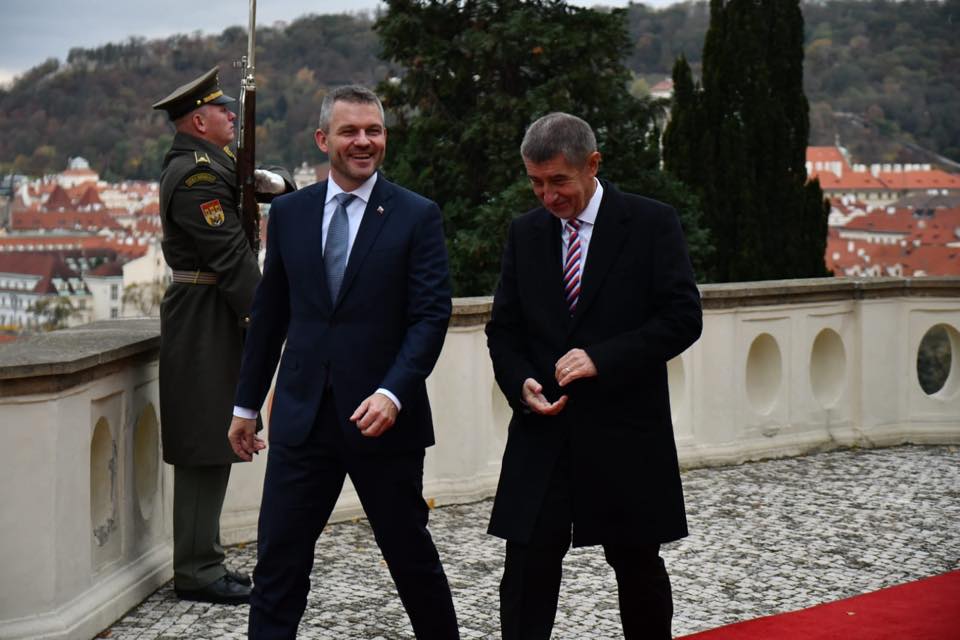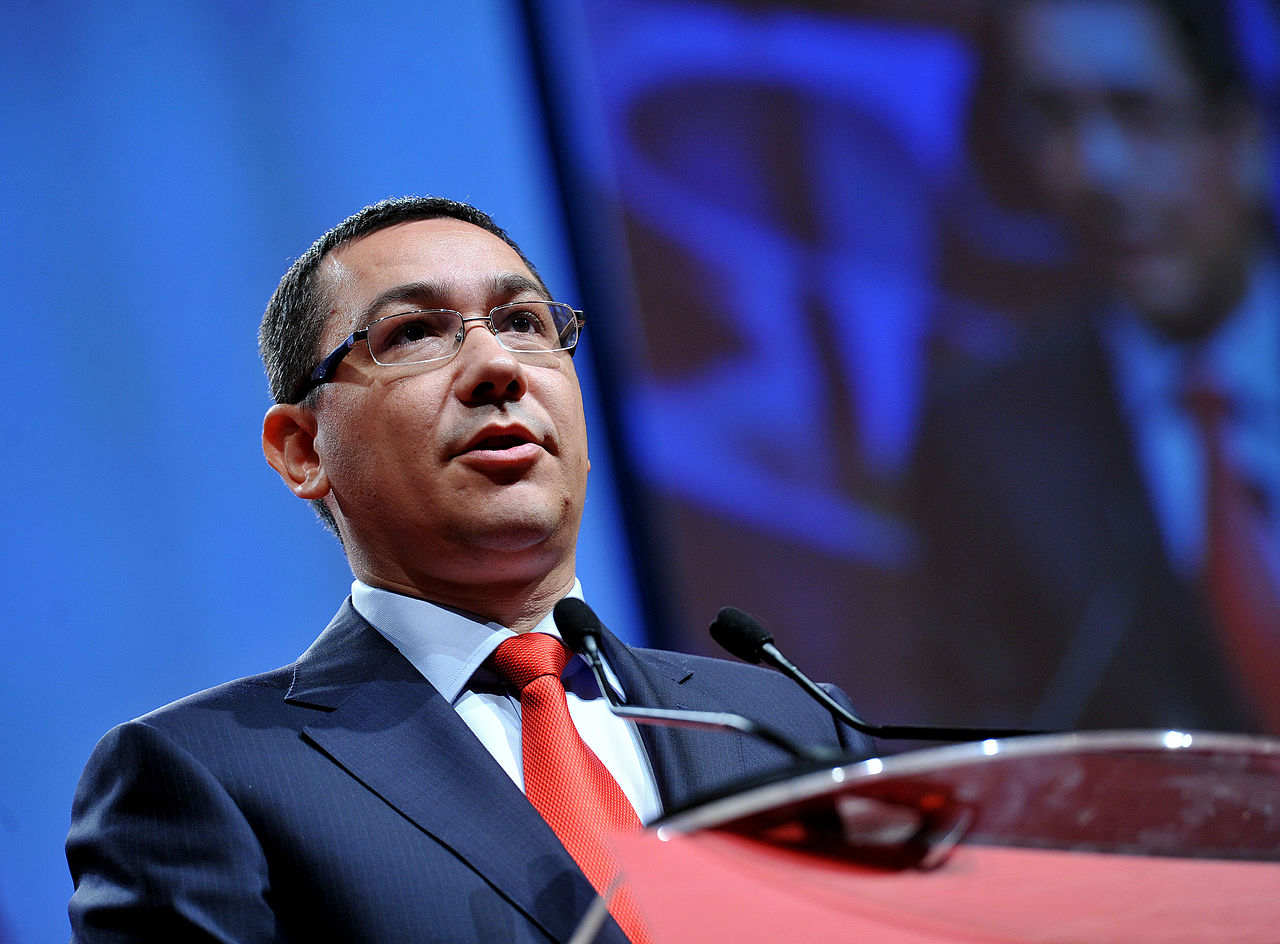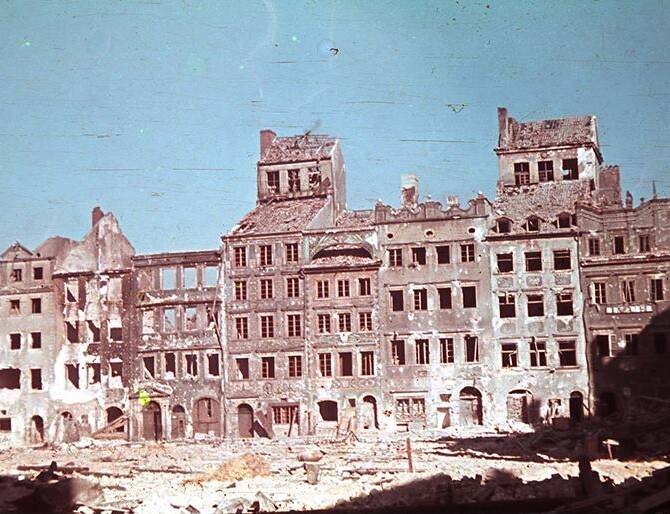By Ferenc Almássy.
European Union – On 26 and 27 October 2018, the President of the French Republic visited Slovakia and Czechia. Once again, the French President tried to divide central Europe. In a context of electoral campaign on a continental scale, Emmanuel Macron did not hesitate to insult the Polish and Hungarian leaders.
The President of the French Republic has returned to Central Europe. Wishing to rectify the situation after last year’s fiasco – which could be called Macron’s defeat of Austerlitz; his meeting had indeed taken place with the representatives of the Slavkov Triangle, named after a place better known under the name … of Austerlitz! -, when he had tried to form an alliance with three regional leaders, all of whom had since been replaced (Austria and Czechia had elections dismissing the liberal left-center parties, while in Slovakia the left-wing populist Fico has resigned to preserve the democratic government coalition against pressure from organized networks). The goal is always the same. To transform the V4 (Visegrád Group: Poland, Czechia, Slovakia, Hungary) into V2 + 2.
But the V4 is not a block that can broken: it’s an alliance of interests. Also, if a country like Slovakia, member of the eurozone, is de facto more integrated than the other countries of Central Europe to the European core so dear to the French and German leaders, the fact remains that on the questions of migration, food quality, European budget, or the “rule of law”, Slovakia is and remains a country of Central Europe, in cohesion with the region.
Ditto for Czechia, of which Babiš, surprising businessman and Prime minister of the westerner country of the former Eastern European block, has slammed the members of his party who voted for the sanctions against Viktor Orbán’s Hungary.
The Visegrád Group is an agreement, a voluntary cooperation based on common interests. When on one specific issue, the interests diverge, then everyone manages the given issue on their own. But when the interests do converge, then the V4 can speak with one voice and weigh with all its weight – i.e. a population identical to the French Republic and a GDP equivalent to two thirds of the latter. None of the four countries of Central Europe would be interested in breaking this agreement, a real union against the German boss, a strong phalanx in Brussels and a powerful lobby for their diplomacy, especially today in the Balkans – where they look forward together to defuse the upcoming war, and counter the influences of the United States, Russia, Germany, Turkey, …
The Visegrád Group is a flexible structure, with no supra-national organization bypassing the legitimate depositories of power that are men and women elected by the people. It is also a small-scale test of the alter-Europe that the CEECs (Central and Eastern European Countries) want, as opposed to the centralized Union of Brussels, with its off-ground institutions and unelected leaders, unable to provide answers to continental challenges or to assert European interests in front of other great powers.
And in the run-up to the European elections of May 2019, certainly the most important one since a European Parliament exists, Macron is campaigning and acts as the leader of “anti-populists”, progressives, and is trying to make believe that the Visegrád model is “anti-European”. He sells himself as a supporter of a firm immigration policy, but “at the same time” – his favorite expression, it seems – the French President explains to the liberal Central-European press “[that] a Europe that do not care of the diversity of ideas and beliefs, the independence of justice or the press, the reception of refugees who have fled political persecution is a betrayal of who we are,” he said, arguing about the importance of accepting immigration everywhere, and by the way, amalgamating refugees and economic migrants.
In this interview given to four liberal media of Central Europe, Emmanuel Macron declared to have good relations with Viktor Orbán, he said he respects him and even that hes appreciates him. How should then one understand his statement made during his participation in Slovakia at a not very successful summit of Globsec, in which he asked: “What are these leaders doing with these crazy minds and lying to their people?”, referring to Poland and Hungary, before wanting to make believe again that Poland and Hungary are “anti-European”. A bad joke, as it comes from someone who wants to change the Europe’s populations and cultures …
During his stay, Emmanuel Macron did not fail to repeat everywhere that there was no division between the East and the West. However, the negotiations with Slovakia and Czechia – it is safe to assume that it was a “migrant contra posted workers” deal; that is to say, that Macron has assured Prague and Bratislava of his support against the distribution of migrants in exchange for accommodation on the issue of posted workers – are obviously an attempt to divide Central Europe.
His support for the very pro-Western Romanian President Klaus Iohannis, opposed to the policy of rapprochement with the V4 led by his government, is also in line with the Macronian policy of dividing the CEECs.
But it is clear that these attempts are in vain. The lack of substance of the young banker-president, the horror that the Macronian civilization project represents in the eyes of a large majority of Central Europeans, make the attempts of the Paris’ regime to break the free cooperation of the countries of Central Europe absolutely inefficient.




